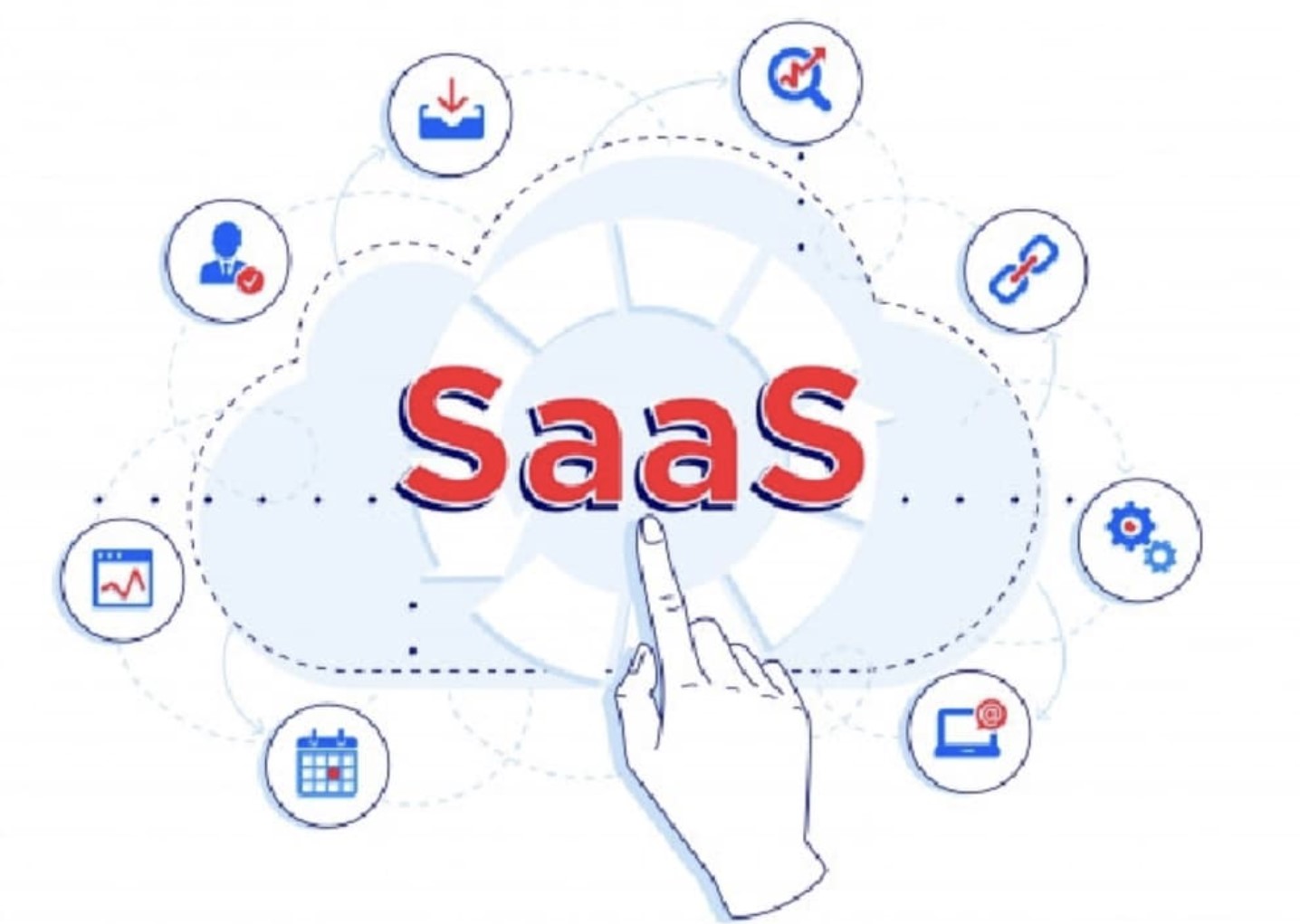In today’s fast-paced business environment, maintaining strong relationships with clients is paramount for success. Customer Relationship Management (CRM) systems have emerged as essential tools for businesses to effectively manage and enhance client interactions. From streamlining communication to providing valuable insights, CRM plays a pivotal role in fostering meaningful connections with customers. CRM refers to the strategies, technologies, and practices that companies use to manage and analyze customer interactions throughout the customer lifecycle. It encompasses various processes, including customer acquisition, retention, and relationship enhancement.

Importance of Client Interactions
Client interactions form the foundation of any business relationship. Positive interactions build trust, loyalty, and satisfaction, leading to repeat business and referrals. On the other hand, poor interactions can result in dissatisfaction, loss of customers, and damage to the company’s reputation Client interactions hold significant importance in any business setting. These interactions serve as the cornerstone for building and maintaining strong relationships with customers. Whether it’s through face-to-face meetings, phone calls, emails, or online chats, every interaction presents an opportunity to understand the needs and preferences of clients better. One of the primary reasons why client interactions are crucial is their direct impact on customer satisfaction. By providing excellent service and addressing concerns promptly, businesses can foster trust and loyalty among their clients. Positive interactions leave a lasting impression, leading to repeat business and referrals, which are essential for sustainable growth.
Challenges in Client Interactions
Lack of organization
One of the primary challenges in client interactions is the lack of organization. Without a centralized system to store and manage customer data, businesses struggle to track interactions, leading to inefficiency and missed opportunities The lack of organization in client interactions can pose significant challenges for businesses. Without a structured approach to managing customer information and communication channels, businesses may struggle to keep track of important details, leading to missed opportunities and inefficiencies One of the key issues stemming from a lack of organization is difficulty in accessing relevant customer data. When information is scattered across different systems or departments, employees may waste time searching for details instead of focusing on serving the client effectively. This can result in delays in response times and an overall decrease in productivity Moreover, disorganization can lead to inconsistencies in how clients are managed and serviced. Without standardized processes and protocols in place, different employees may handle interactions differently, leading to confusion and frustration for clients. This lack of uniformity can erode trust and credibility, ultimately damaging the client relationship.
Ineffective communication
Ineffective communication is another common hurdle in client interactions. Without proper channels for communication and collaboration, misunderstandings can arise, causing friction in the relationship Ineffective communication poses a significant obstacle in client interactions and can detrimentally impact business relationships. When communication between a business and its clients is not clear, timely, or accurate, it can lead to misunderstandings, frustration, and ultimately, a breakdown in trust. One of the primary issues with ineffective communication is the potential for misinterpretation. When messages are unclear or ambiguous, clients may misunderstand the information being conveyed, leading to confusion or dissatisfaction. This can result in clients feeling undervalued or unimportant, damaging the overall relationship.
Role of CRM in Enhancing Client Interactions
CRM systems play a crucial role in overcoming the challenges associated with client interactions The role of Customer Relationship Management (CRM) systems in enhancing client interactions cannot be overstated. CRM platforms play a pivotal role in helping businesses effectively manage and nurture relationships with their clients, leading to improved satisfaction, loyalty, and overall business success. One of the primary functions of CRM systems is to centralize and organize customer data. By consolidating information such as contact details, purchase history, preferences, and interactions across various touchpoints, CRM systems provide businesses with a comprehensive view of each client. This centralized database enables businesses to access relevant information quickly, leading to more personalized and targeted interactions. Moreover, CRM systems facilitate seamless communication channels between businesses and their clients. With features such as email integration, phone call tracking, and social media monitoring, CRM platforms enable businesses to stay connected with clients across multiple channels. This ensures that clients receive timely responses to their inquiries, leading to enhanced satisfaction and trust.
Centralized data management
CRM platforms allow businesses to centralize customer data, including contact information, purchase history, and preferences. This centralized repository enables easy access to relevant information, facilitating personalized interactions and timely follow-ups Centralized data management is a fundamental aspect of Customer Relationship Management (CRM) systems, playing a crucial role in enhancing client interactions for businesses. This approach involves consolidating all relevant client information into a single, centralized database, accessible to authorized users across the organization One of the primary benefits of centralized data management is improved accessibility. By storing all client data in one location, businesses can easily access and retrieve information whenever needed. This eliminates the need to search through multiple systems or departments, saving time and ensuring a more efficient client interaction process Moreover, centralized data management promotes data consistency and accuracy. With all client information stored in a single database, businesses can establish standardized data entry processes and rules, reducing the risk of errors and duplicate records. This ensures that client information is up-to-date and reliable, leading to more meaningful and informed interactions Furthermore, centralized data management enables businesses to gain a comprehensive view of each client. By capturing various data points such as contact details, purchase history, interactions, and preferences in one place, businesses can create detailed client profiles.
Improved communication channels
CRM systems provide various communication channels, such as email, phone, and social media integration, enabling seamless communication with clients. Automated workflows and reminders ensure that no interaction falls through the cracks, enhancing responsiveness and reliability Improved communication channels are a key aspect of Customer Relationship Management (CRM) systems and play a vital role in enhancing client interactions for businesses. By leveraging various communication tools and technologies, CRM systems enable businesses to engage with their clients more effectively and efficiently One of the primary benefits of improved communication channels is increased accessibility. CRM systems offer a range of communication channels such as email, phone, social media, and live chat, providing clients with multiple options to connect with businesses. This ensures that clients can reach out through their preferred channel, leading to faster response times and better overall satisfaction.
Personalization of interactions
By leveraging customer data and analytics, CRM systems enable personalized interactions tailored to individual preferences and needs. From personalized emails to targeted marketing campaigns, businesses can deliver relevant and timely messages, strengthening the client relationship Personalization of interactions is a key component of effective Customer Relationship Management (CRM) systems, playing a crucial role in enhancing client experiences for businesses. By tailoring communication and offerings to meet the individual needs and preferences of clients, businesses can foster stronger relationships, increase engagement, and drive customer loyalty.
Benefits of Using CRM for Client Interactions
Enhanced customer satisfaction
By providing personalized experiences and timely support, CRM systems enhance customer satisfaction, leading to higher retention rates and positive word-of-mouth One of the primary benefits of personalization is the ability to create more meaningful and relevant interactions with clients. CRM systems enable businesses to capture and analyze client data, including demographics, purchase history, browsing behavior, and preferences. With this information, businesses can customize their communication and offerings to align with each client’s interests and needs, making interactions more engaging and valuable.
Increased efficiency
CRM automates repetitive tasks, such as data entry and follow-up reminders, freeing up time for employees to focus on value-added activities. This increased efficiency translates into faster response times and improved productivity Moreover, personalization helps businesses stand out in a crowded marketplace. By delivering personalized experiences that resonate with clients, businesses can differentiate themselves from competitors and create a memorable impression. This can lead to increased brand loyalty and advocacy, as clients are more likely to return and recommend the business to others.
Better decision-making
With access to real-time data and insights, businesses can make informed decisions about client interactions, such as identifying upsell opportunities or addressing customer complaints promptly Furthermore, personalization drives higher levels of engagement and conversion. When clients receive personalized communication and recommendations, they are more likely to pay attention and take action. Whether it’s personalized emails, targeted promotions, or product recommendations based on past purchases, personalized interactions can drive higher click-through rates, conversion rates, and ultimately, revenue for businesses.
Real-life Examples of Successful CRM Implementation
Several companies have successfully implemented CRM systems to enhance client interactions and drive business growth. For example, Salesforce, a leading CRM platform, helps businesses streamline sales processes, track customer interactions, and analyze data to improve engagement and conversion rates Additionally, personalization fosters stronger emotional connections with clients. By demonstrating that businesses understand their clients’ preferences and care about their individual needs, businesses can build trust and loyalty over time. This emotional bond can lead to long-lasting relationships and increased customer lifetime value.
Tips for Implementing CRM Effectively
Define objectives
Before implementing a CRM system, clearly define your objectives and goals. Whether it’s improving customer satisfaction, increasing sales, or enhancing productivity, having a clear roadmap will guide your implementation strategy Furthermore, personalization enables businesses to optimize their marketing efforts and improve ROI. By targeting specific segments of clients with personalized messaging and offers, businesses can achieve higher response rates and conversion rates compared to generic campaigns. This allows businesses to allocate their marketing resources more effectively and generate a higher return on investment.
Train employees
Invest in comprehensive training programs to ensure that employees understand how to use the CRM system effectively. Proper training will empower them to leverage its features and functionalities to enhance client interactions Training employees is a critical aspect of implementing a successful Customer Relationship Management (CRM) system and enhancing client interactions within businesses. Proper training ensures that employees understand how to effectively use the CRM system and leverage its capabilities to deliver exceptional service and support to clients. One of the primary benefits of employee training is increased proficiency in using the CRM system. Many CRM platforms offer a wide range of features and functionalities, from data entry and contact management to automated workflows and reporting tools. By providing comprehensive training, businesses can ensure that employees are proficient in navigating the CRM system and performing key tasks efficiently.
Regularly update and maintain CRM system
CRM systems require regular updates and maintenance to ensure optimal performance. Regularly review and clean up data, customize workflows to meet evolving business needs, and stay updated on new features and updates from the software provider Moreover, employee training enables businesses to establish standardized processes and best practices for using the CRM system. Training sessions can cover topics such as data entry guidelines, communication protocols, and workflow automation, ensuring consistency and accuracy in client interactions. This helps businesses maintain high-quality standards and deliver a cohesive experience to clients across all touchpoints.
Conclusion
In conclusion, CRM plays a vital role in enhancing client interactions and driving business success. By centralizing data, improving communication channels, and personalizing interactions, CRM systems empower businesses to build stronger relationships with clients, leading to increased satisfaction, loyalty, and profitability.



